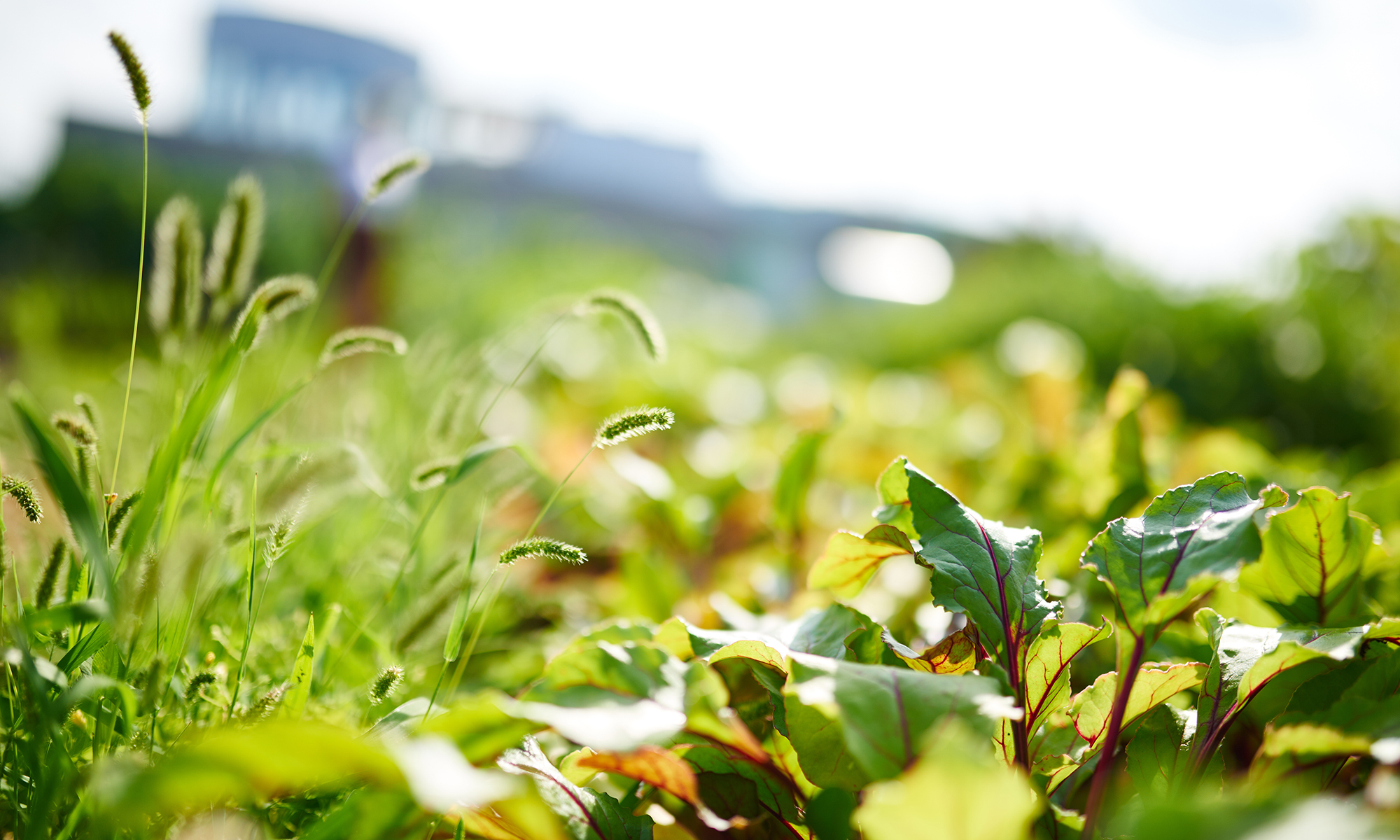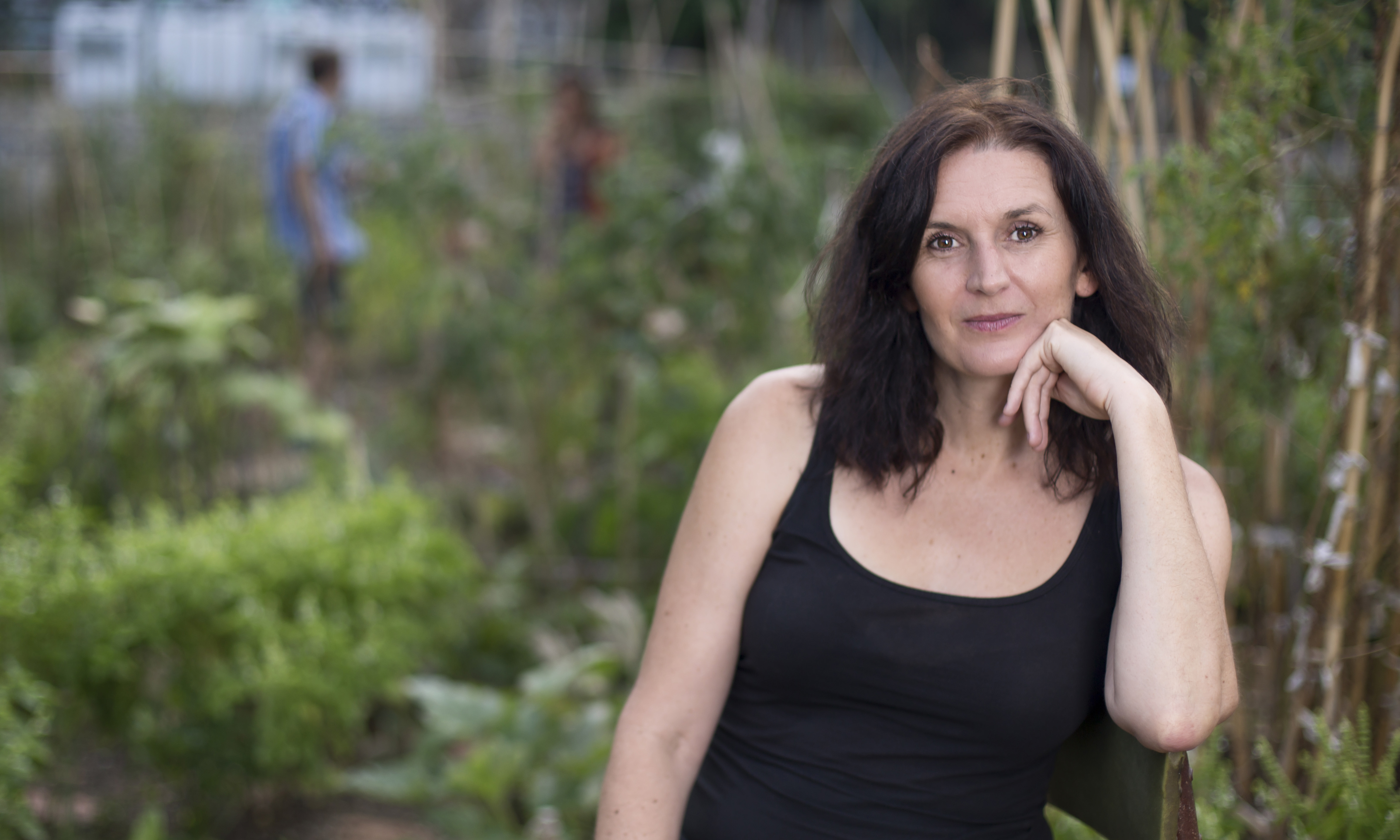
RMIT alumni and the Sustainable Development Goals
From humanitarian education to urban planning and xxx, meet four RMIT alumni from around the world contributing to the UN Sustainable Development Goals.
Atish Gonsalves is the Global Innovation Director at the Humanitarian Leadership Academy and is based in London, United Kingdom. Atish studied a Master of Applied Sciences at RMIT Australia.
“My work is focused on the democratisation and accessibility of education – linking into SDG #4, quality education.”
“The academy was set-up for the wider neads of the humanitarian sector and promotes new ways of learning.”
“It is about protecting those most vulnerable in emergencies by developing and delivering educational programs on topics such as climate change disaster risk reduction and management.”
“All of our programs are co-created with local partners.”
“We believe that learning should not just be disseminated and that it should be empowering and creative – something that is fostered when people on the ground are engaged.”
"Our work also connects in with the goals of no poverty (SDG #1) and zero hunger (SDG #2) as we often see in disaster response that there are broader economic challenges and countries that are creating the issues.”
“We believe that through learning, we can help people to feel more equipped to prepare for and respond to crises.”
Learn more about the Humanitarian Leadership Academy and its global learning platform kayaconnect.org
 Ferne Edwards is based at RMIT Europe and works in sustainable cities, food systems and social change.
Ferne Edwards is based at RMIT Europe and works in sustainable cities, food systems and social change.
Kieran Power is the Practice Lead - Sustainability and Resilience at AECOM and is based in London, United Kingdom. Kieran studied a Bachelor of Social Science (Environment) at RMIT Australia.
“I think the SDGs have helped to emphasise the need for organisations to step-up their level of collaboration and acknowledge that you can’t do it alone in solving wicked problems being faced by cities.”
“This connects in with SDG #17 in that partnerships between industry and civil society organisations help to deliver better outcomes as well as enable better management of the nuances and challenges of projects.”
“In that sense, the SDGs encourage a more active degree of participation and consultation with genuine community involvement and solutions development.”
“When we look at the future for cities in the context of the SDGs, rapid digitalisation must be a factor.”
“An organisation like AECOM looks t“o understand and play a role in how these potentially disruptive technological shifts will change the development trajectories of cities.”
“And the impact of technology on sustainability must be considered – not just environmentally but also the many other ways it can make cities better places to live.”
Learn more about AECOM
 Ferne Edwards is based at RMIT Europe and works in sustainable cities, food systems and social change.
Ferne Edwards is based at RMIT Europe and works in sustainable cities, food systems and social change.
- Sustainability
Related News


Acknowledgement of Country
RMIT University acknowledges the people of the Woi wurrung and Boon wurrung language groups of the eastern Kulin Nation on whose unceded lands we conduct the business of the University. RMIT University respectfully acknowledges their Ancestors and Elders, past and present. RMIT also acknowledges the Traditional Custodians and their Ancestors of the lands and waters across Australia where we conduct our business - Artwork 'Sentient' by Hollie Johnson, Gunaikurnai and Monero Ngarigo.
More information